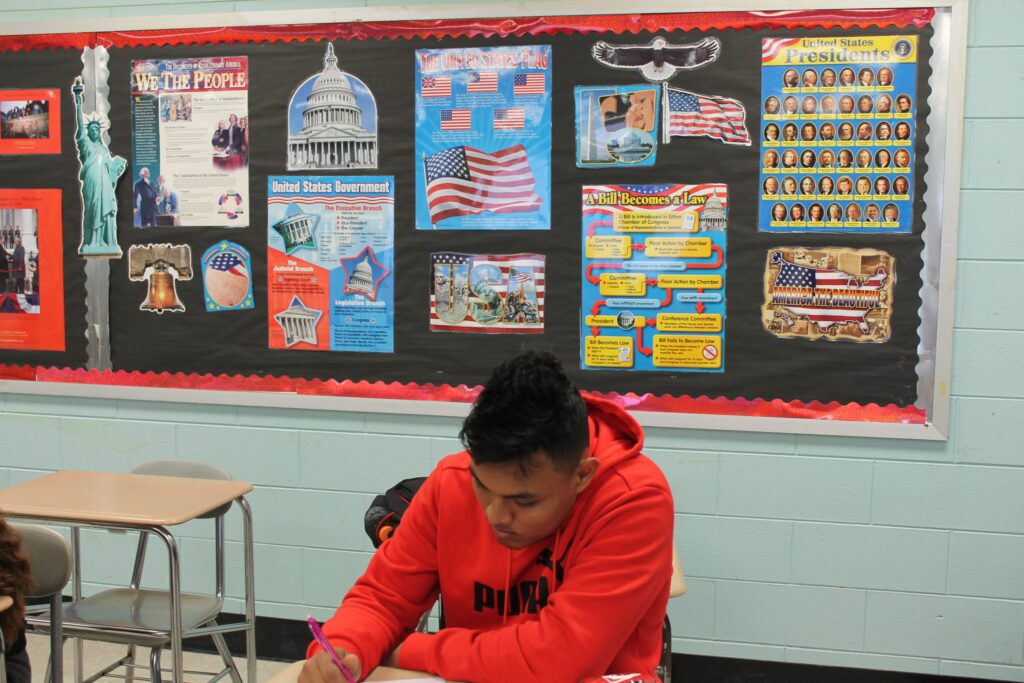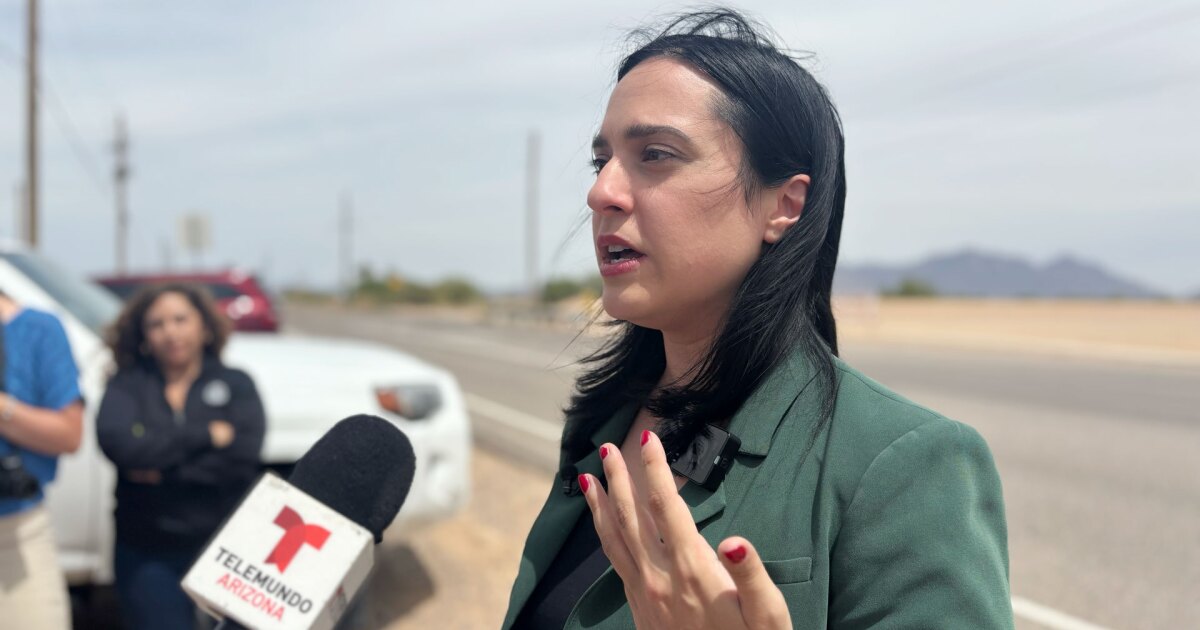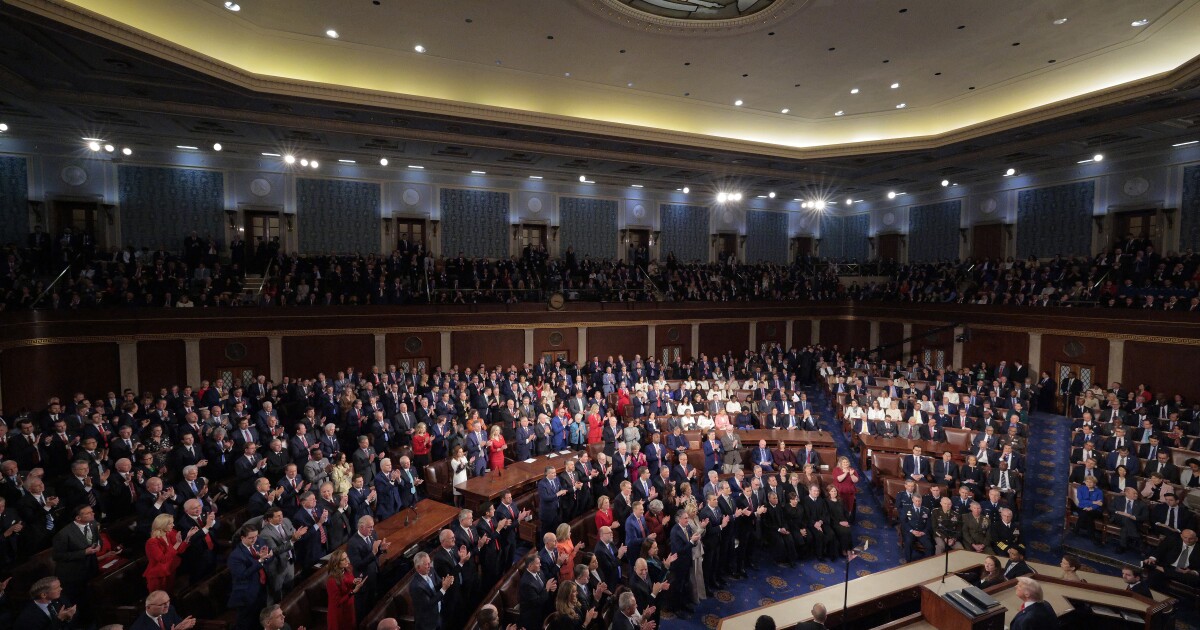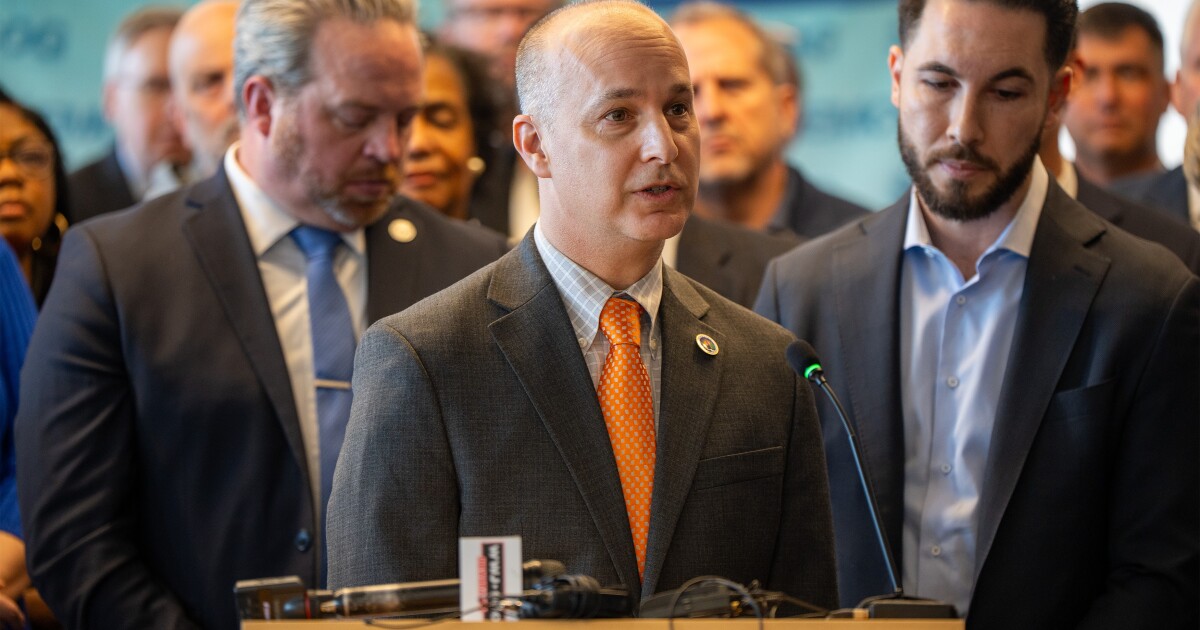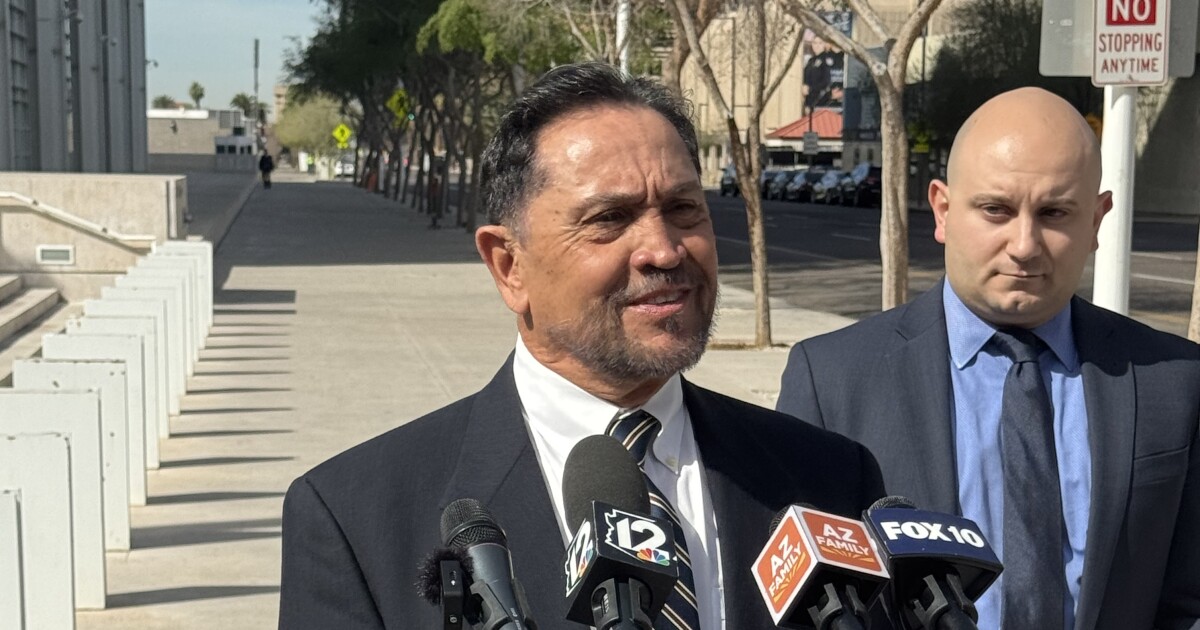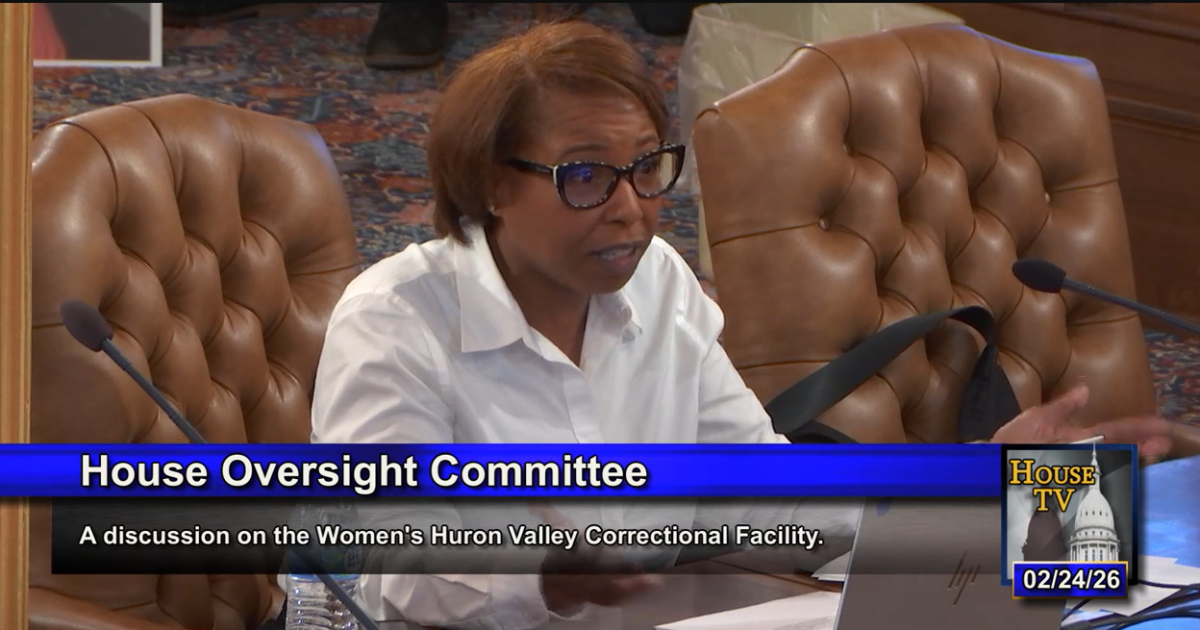School voucher policies in Texas, Florida, and Arizona are transforming American education. The Trump administration supports federal efforts to expand vouchers, with state leaders promoting school choice programs. Billions in public funds are now directed to private schools, religious institutions, and microeducation platforms.
This movement is not just a shift of public money to private entities, but a restructuring of education’s purpose. In this transformation, the essential public mission of education as a democratic foundation is being undermined.
Civic education faces fragmentation, underfunding, and weakened institutional support.
As funds shift from public to private schools, shared civic spaces like public schools, libraries, and community colleges are diminishing. Students may receive academic or career-focused education but lack support in developing leadership, understanding differences, or sustaining democratic values. The concept of public life is threatened, especially in polarized regions. Civic education is crucial now more than ever.
Related: Stay informed on K-12 education with our free weekly newsletter.
A diverse democracy needs schools of all types to prioritize civic education. This includes religious, charter, and homeschooling networks. Civic education is a democratic project, not an ideological one, involving long-term work to prepare individuals for shared democratic life.
A new civic education strategy is needed to match changes in American schooling, requiring investment, partnerships, and recognition that stakes are both academic and democratic.
Americans largely support civic instruction. A 2020 Texas survey found only 49% of teachers believed sufficient time was allocated to civics, and just 23% for participatory-democracy skills. This issue extends beyond Texas, with little consensus on civics instruction and inadequate support for schools.
Without significant investment, civic formation remains a fragmented effort. Vouchers offer family choice but risk eroding education’s civic core. A democratic society needs citizens in a civic sense, not just legally.
A democratic society requires individuals who can deliberate, organize, and collaborate with diverse others. Texas is developing a framework others can adopt for their civic missions.
The innovative Democracy Schools model, which I contribute to, aids civic formation across public and private schools, colleges, and community networks.
Civic infrastructure describes our approach: designing relationships, institutions, and systems that sustain democracy. Like engineers building infrastructure, educators and leaders must construct civic infrastructure with communities.
We draw from a democratic tradition rooted in the Black freedom struggle. Freedom is not just protection from domination; it’s the ability to act, build, and see oneself in the world. Citizenship demands more than a voice; it requires shaping institutions, policies, and public narratives.
Related: STUDENT VOICE: My generation needs civics education more than ever
The model addresses a national crisis: the decline of shared civic space in education. It must be practiced and supported by institutions fostering public life. Historically Black colleges like Huston-Tillotson University exemplify this. They focus on community, public leadership, and democratic struggle, demonstrating how to educate for civic capacity beyond upward mobility.
The nation’s future relies on preparing youth for democratic life. This requires civic ecosystems nurturing public authorship, not just content standards.
Preparing the next generation for democratic demands is crucial. What society are we grooming young people to lead? The solution lies in cross-sector partnerships, diverse in approach but united in purpose.
We welcome collaboration with any organization — public, private, or faith-based — dedicated to building civic infrastructure sustaining democracy. Wherever education occurs, civic formation must stay central.
Robert Ceresa is the founding director of the Politics Lab of the James L. Farmer House, Huston-Tillotson University.
Contact the opinion editor at opinion@hechingerreport.org.
This story about civic education was produced by The Hechinger Report, a nonprofit, independent news organization focused on inequality and innovation in education. Sign up for Hechinger’s weekly newsletter.
—
Read More Kitchen Table News

